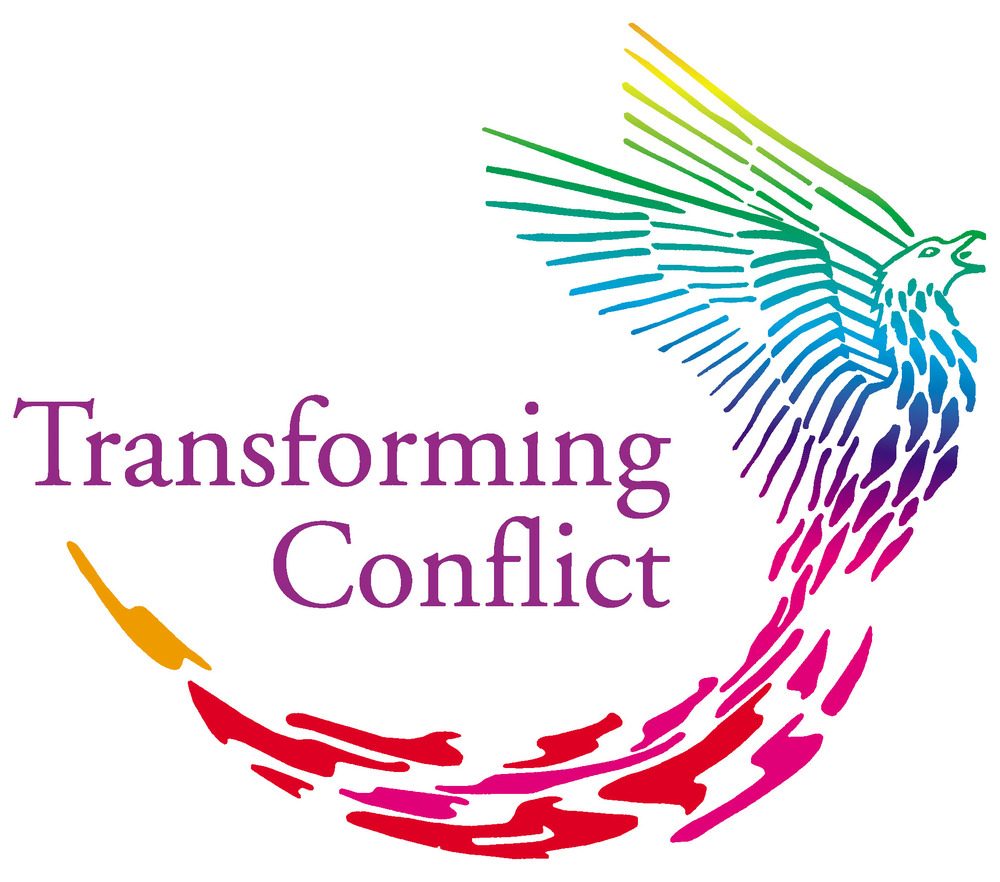‘The use of a wide range of restorative approaches has the potential to transform the way residential social workers, key workers and support staff engage with those they support. I have been inspired this week by the enthusiasm shown by key workers and support workers at Amber Family. This company offers a residential 12- week programme to vulnerable parents with very young children. These children, often very young babies, are initially at risk due to the problems faced by their parent or parents. A successful placement might mean the parent and child are able to stay together (with ongoing support). The course I ran for the staff is based on the 5 core beliefs that underpin our Transforming Conflict model of restorative practice. These core beliefs offer a 5-step model of practice that is applicable for so many of the day-to-day interactions the staff engages in. Learning about the restorative mindset helped the team think differently about the way the young parents behave – considering the thoughts, feelings and unmet needs behind anything and everything they do or say. Everyone agreed this would help them respond differently, especially to behaviours some staff may have previously felt judgemental about. The Four Window model popular amongst restorative practitioners (introduced to the field initially by Ted Wachtel and Paul McCold) was very well received. Staff could easily relate to how they often oscillated between doings TO and FOR parents, albeit for the best of motives. They appreciated how the restorative approach gave them a framework for working WITH parents instead, in a more respectful and collaborative way. They realised how this approach gradually empowered the parents to be able to stand on their own feet and do things for themselves – which is one of Amber Family’s key educational aims. Learning restorative listening skills was helpful for everyone – the 5-step framework provided a structure that will ensure that the young parents had a chance not only to reflect on their experiences but also take responsibility for decision-making and solving the problems and challenges they faced. The various restorative meeting processes (small informal meetings between 2 people in conflict, medium – sized meetings for small group problem-solving; larger formal conferences) were all practiced, using scenarios from their own experiences and we spent time at the end considering when and how these would be used. All the processes were recognised as useful not only for the parents (the service users) but also internally for staff to use with each other – for supervision; de-briefing incidents; staff-staff conflict; team problem-solving etc. The group also considered how they were going to share what they had learned with colleagues and the parents next week. The course is just the beginning. Amber Family is committed to becoming a restorative company, establishing a restorative and relational ethos in each of its Homes as well as across the company as a whole. It is a young, vibrant and enthusiastic company with a caring, committed growing team. Their work is so highly valued that demand is growing and they are opening a new home in the New Year. The founder managers have already done the training with me and are modelling restorative leadership. I feel proud to have been invited to travel with them on their restorative journey and I am so excited to hear how everyone gets on next week and in the weeks to come.’
